Speakers in Workshops 2023
A: Towards an Intergovernmental Panel on Pollution and Toxic Waste
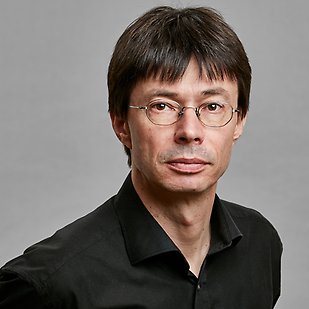
Martin Scheringer is a professor of environmental chemistry at Masaryk University in Brno, Czech Republic, and a group leader and senior scientist at ETH Zürich, Zürich, Switzerland. He has worked in the field of chemical hazard and risk assessment since 1994 and published extensively on many aspects of chemicals assessment. From 2015 to 2020 he was an Associate Editor of the ACS journal, Environmental Science & Technology. In addition to his scientific research, Martin Scheringer has worked extensively at the science-policy interface. He has conducted several projects with UNEP, the United Nations Environment Programme, including a SAICM QSP project with the governments of Armenia, Chile and Ghana, and he is a co-lead author of the chapter on chemicals and waste in UNEP’s 5th Global Environment Outlook (GEO-5). Martin Scheringer is a founding member of the International Panel on Chemical Pollution, IPCP, and is currently the chair of the IPCP.
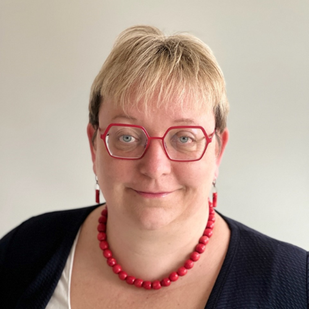
Kateřina (Katka) Šebková works in science policy interface on chemicals management including pollution for over two decades. She has a double PhD in chemistry and worked as chemical expert and negotiator for the Czech Ministry of Environment in chemicals management environmental risks and ecological damage, in particular on mercury, persistent organic pollutants and SAICM at EU and global level since 2003. Since 2012, she is director of the National Centre of Toxic Compounds and of the Stockholm Convention Regional Centre for capacity building and the Transfer of Technology, two bodies that are hosted by RECETOX, Faculty of Science at the Masaryk University in Brno, Czech Republic. Her work comprises cooperation with Czech and international stakeholders, training, technical assistance, capacity building and application of science into practice. She is a member of the High-Level Roundtable on the EU Chemicals Strategy for Sustainability and leads the WHO collaborating centre for chemical safety.
B: Testing our Way to a Safe Environment
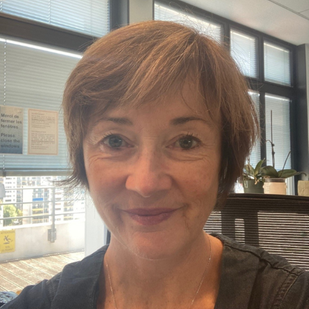
Anne Gourmelon is the principal administrator of the Test Guidelines Programme, within the Environment Directorate at the Organisation for Economic Cooperation and Development. Anne started working at the OECD in 2002, initially on projects related to endocrine disrupters testing and assessment methodologies. She also worked for some years on the OECD Cooperative Chemicals Assessment Programme. She took over the lead of the Test Guidelines Programme in 2013. Many Test Guidelines using alternatives to animal testing have been developed in the last two decades, to meet evolving regulatory needs and address ethical questions, but many challenges remain to improve chemical safety and ensure sufficient protection of human health and the environment. Prior to OECD, she worked at the UN Food and Agriculture Organisation (FAO) in Rome from 2000 to 2002. She has a Master degree in environmental sciences from the University of Wageningen in the Netherlands obtained in 1999.
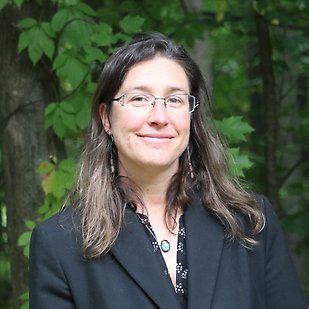
Dr. Laura Vandenberg is a Professor of Environmental Health Sciences at the University of Massachusetts Amherst. Her research explores how early life exposures to chemicals and chemical mixtures can predispose individuals to diseases that manifest later in life. More specifically, her work addresses how low doses of chemicals during critical windows of development can alter gene expression, cell differentiation, and tissue organization in subtle ways that can lead to adult diseases such as cancer, obesity, and infertility. She focuses on the class of chemicals termed "endocrine disruptors" and has worked extensively with chemicals used as plasticizers and in personal care products. Her work also focuses on how traditional toxicology assays have failed to adequately account for the toxicity of ubiquitous endocrine disruptors, and how current risk assessment practices can be improved in the study and regulation of this class of chemicals. She is an author on more than 130 publications and currently holds the position of Acting Vice Chancellor for Research and Engagement.
C: Health and Environmental Challenges of Recycling Chemicals in a Sustainable Management of Plastics
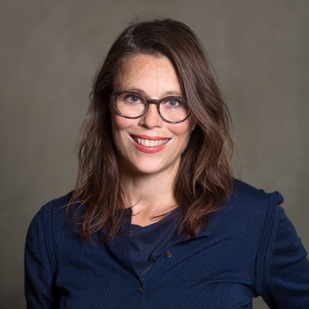
Dr. Jane Muncke is Managing Director and Chief Scientific Officer of the Food Packaging Forum Foundation (FPF) and an expert on chemicals in food contact materials. Jane trained in environmental science at ETH Zurich (MSc), Switzerland and hold a PhD in ecotoxicology (ETH Zurich). She is a member of the Society of Environmental Chemistry and Toxicology (SETAC), the American Chemical Society (ACS), the Society of Toxicology (SOT) and the Endocrine Society, and also an active member of the Scientists Coalition for an Effective Plastics Treaty (SCEPT). Further, she serves as elected member on the committee for processing and trade at the Swiss Organic Farming Association, Bio Suisse, and is director of the Foresight Analysis Nexus (FAN) Initiative, a group of interdisciplinary scientists concerned about the ramifications of societal collapse due to failing environmental, economic, societal, and technical systems.
D: Future Monitoring of Chemical Exposure and Effects in Humans, Wildlife and the Environment
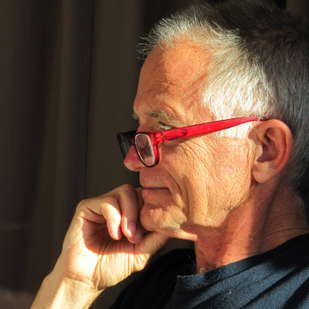
Dr. Pete Myers is founder, Board Chair and Chief Scientist of Environmental Health Sciences, a not-for-profit organization that promotes public understanding of advances in scientific research on links between the environment and human health (www.EHSciences.org). Along with co-authors Dr. Theo Colborn and Dianne Dumanoski, Myers wrote “Our Stolen Future,” a book (1996) that explores the scientific basis of concern for how contamination threatens fetal development and life-long health through endocrine disruption, a term he invented at a 1991 scientific workshop. Dr. Myers received a doctorate in the biological sciences from the University of California, Berkeley. He is an Adjunct Professor of Chemistry at Carnegie Mellon University and a founder of the 2020 chemical start-up, Sudoc.com, which is commercializing unique chemistry that biomimics peroxidase enzymes to remove micropollutants, including many pharmaceuticals and endocrine disrupting chemicals from water.
E: Conflicting Objectives - Using Effective Drugs Without Polluting Our Environment
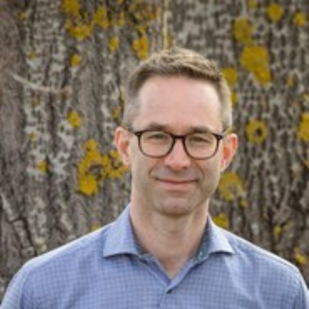
Dr. Jerker Fick recevied his Master in Pharmacy at Uppsala University (Sweden) and a Ph.D. in Chemistry at Umeå University (Sweden). For the last fifteen years, his research has been focused on fate and effects of pharmaceuticals in the environment. Especially the environmental aspect of antimicrobial resistance, fate of pharmaceuticals in sewage treatment plants and environmental effects on an ecosystem level. Recent research projects have focused on the fate of micro-pollutants in the circular sanitation economy, including investigations of different remediation techniques to reduce or remove these. Jerker Fick is currently an Associate Professor at the Department of Chemistry, Umeå University in Northern Sweden. He have several on-going research projects, including a close collaboration with the Pollution Research Group at the University of KwaZulu-Natal, South Africa.
F: Water Quality in One Health - Managing Chemical Threats
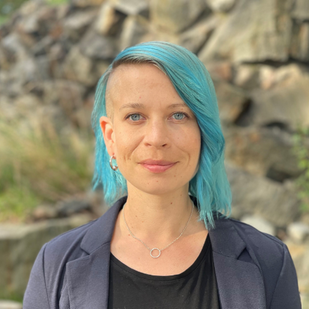
Elin Lavonen is a Professor of Practice in Clean Water Technologies at the Department of Built Environment at the Aalto University School of Engineering and also works as a Water Specialist at the Uppsala based company BioCell Analytica. She has been working in the drinking water industry for 12 years both in academia, at municipal drinking water producers, and companies providing consultancy and analyzes for the water industry. Her main practical and research areas include natural organic matter, drinking water treatment technologies, disinfection by-products, and the application of effect-based methods using in vitro bioassays to discover effects from unknown and mixtures of organic micropollutants.
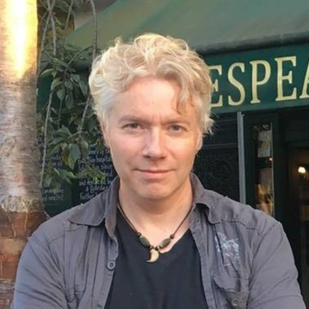
Hans Peter H. Arp is an Expert Advisor at the Norwegian Geotechnical Institute (NGI), Oslo and a Professor in the Department of Chemistry at the Norwegian University of Science and Technology (NTNU), Trondheim. His research is focussed on diverse aspects related to hazardous chemicals and plastic in the environment, with a focus towards zero pollution. His recent research projects have focussed on safe and sustainable recycling of sludge, water, plastics and e-waste containing hazardous substances. These research projects include: the large H2020 research project, ZeroPM – zero pollution of persistent and mobile substances, for which he is the coordinator (www.zeropm.eu); SLUDGEFFECT on identifying best practices for using thermal treatments to manage hazardous substances in sludge and e-waste plastic in the circular economy; and recently the Horizon Europe project ARAGORN on developing decision making tools for owners of contaminated land.
G: A Global Plastics Treaty - and Beyond
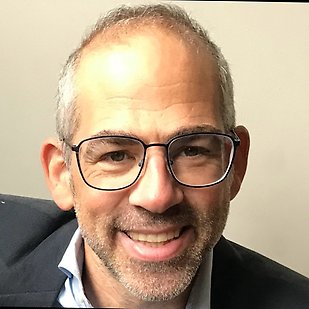
Vito A. Buonsante is an EU and International law specialist with expertise in chemicals, pesticides, and plastics. In his role as a Technical and Policy Advisor for IPEN he works on wide range of issues related to chemical safety. This includes Strategic Approach to International Chemicals Management (SAICM), the Stockholm, Basel and Rotterdam Convention and the plastics treaty negotiations. IPEN is a global network of over 600 public interest NGOs in more than 120 countries working together for a world in which toxic chemicals are no longer produced or used in ways that harm human health and the environment. Prior to joining the International Pollutants Elimination Network (IPEN) in 2021 he lead the Chemicals Project for ClientEarth, a Brussels based NGO and the Plastics Program for Environmental Defence Canada, a Toronto based NGO. Vito is also an adjunct instructor in the Faculty of Health Sciences at McMaster University.
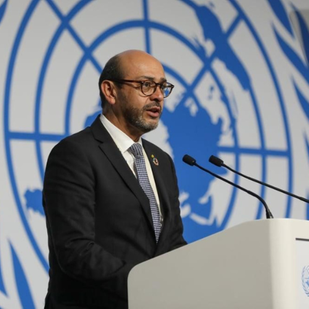
Amb. Luis VAYAS is a Career Diplomat of the Ecuadorian Foreign Service, currently Ambassador of Ecuador to the United Kingdom. He is a PhD candidate in Social Sciences and holds a Master's Degree in Comparative and International Law. He is a member of the Bureau of the Intergovernmental Negotiating Committee (INC) of the future legally binding international instrument on plastic pollution throughout its life cycle, including the marine environment. Vice-president of Conference of the Parties to the Basel Convention on the Control of Transboundary Movements of Hazardous Wastes and their Disposal (2017- 2019).Vice-president of the Conference of the Parties of the Stockholm Convention on Persistent Organic Pollutants (three terms: 2010-2011, 2013-2015, and 2015-2017).Vice-president of the Conference of the Parties to the Rotterdam Convention on the Prior Informed Consent Procedure for Certain Hazardous Chemicals and Pesticidesin International Trade (2011-2013).Between 2022 and 2023, he became the first Ecuadorian diplomat to hold both positions as Vice Minister of Foreign Affairs and Vice Minister of Human Mobility. In addition, he has extensive experience in multilateral negotiations and as a university professor.
H: Managing Emerging Health Risks in the Feed-Food Chain
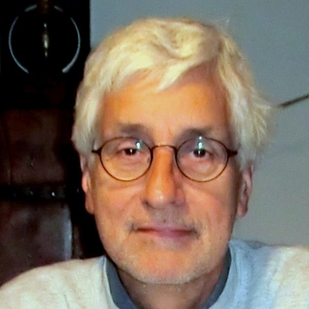
Rob Theelen holds a Ph.D. in Toxicology, on a thesis regarding consequences of the presence of dioxins in the Netherlands environment. He became a policy officer at the Dutch Ministry of Agriculture, for national and international feed and food safety issues. As such he was involved in EU member states' negotiations, and in meetings of the Codex Alimentarius' Contaminants Committee, for 10 years. After that he joined the Office for Risk Assessment (another division of the Ministry). Here he made advisory reports for the Minister regarding the possible impact of chemical substances in feed and food, for another 10 years. These reports are particularly focused on consumer's and animal health, but also on environmental impact, economic consequences, and risk communication. He maintains an expert website for Official Control authorities (https://foodsafetyportal.eu), and is active in trainings on feed and food safety, e.g. the EU Better Training for Safer Food (BTSF) program.
I: Metabolic Diseases: from Chemical Exposure to Interventions
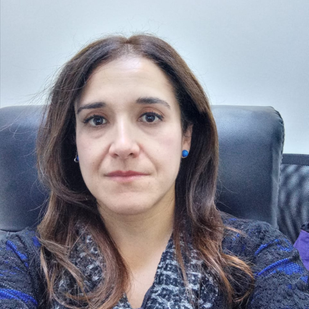
Bárbara Enchiburú López, Assistant Professor, Endocrinology and Metabolism Laboratory, West Division, School of Medicine, University of Chile, Santiago, Chile. Engineer in Molecular Biotechnology, Master in Biological Sciences. My line of research is focused on the study of metabolic and endocrine diseases, with a special focus on polycystic ovary syndrome (PCOS). In recent years I have been investigating genetic and epigenetic aspects associated with the inheritance of PCOS, particularly in the male component of the pathology. In addition, I am a member of the Transdisciplinary Group for Obesity of Populations(GTOP), formed by academics and postgraduate students from the University of Chile from various disciplines, whose main motivation stems to understand and contribute to the prevention and control of obesity, through a deep reflection on the models of health, food, quality of life, economy, politics and culture that impact the well-being of people and populations.
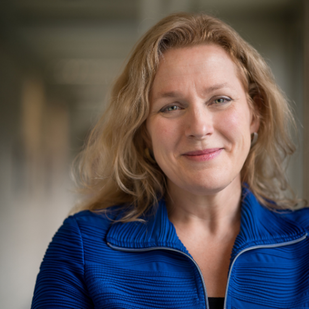
Juliette Legler is Professor of Toxicology at the Institute for Risk Assessment Sciences, Faculty of Veterinary Medicine, Utrecht University, The Netherlands. From 2020-2022, she was the Head of the Department of Population Health Sciences at the Faculty of Veterinary Medicine. From 2016-2017, she led the Environment and Health Theme, a multidisciplinary group of researchers at the Institute for Environment, Health and Societies, Brunel University London. From 2001-2015 she worked at the Institute for Environmental Studies, VU University Amsterdam, where she was appointed full professor in 2013. Her research focusses on understanding how exposure to environmental contaminants including endocrine disrupting chemicals and microplastics affects human and environmental health. She develops innovative new approach methodologies to predict and prevent harmful exposures. Prof. Legler is also a dedicated educator, and teaches toxicology at the undergraduate and (post)graduate level. Prof. Legler served as President of the Netherlands Society of Toxicology from 2019-2023.
